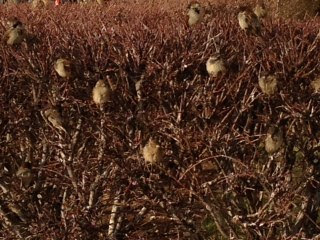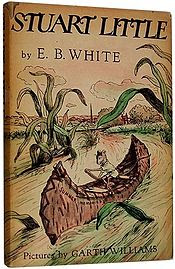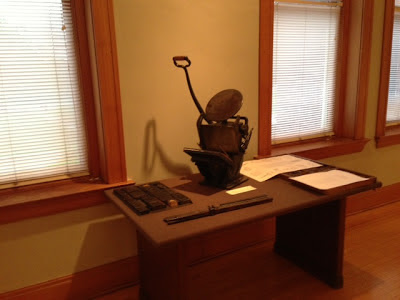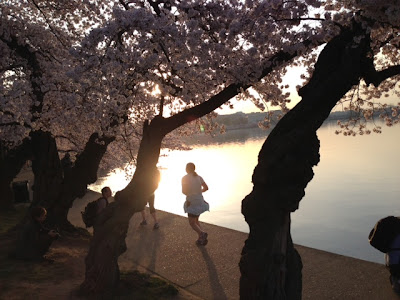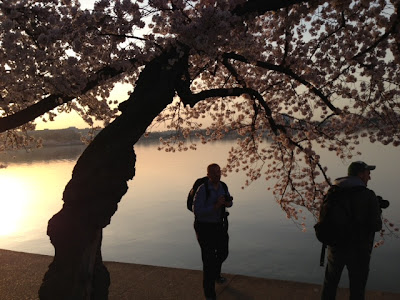The Encounter
I saw him on the path to the Franklin Farm Meadow, a placid paved trail adjoining a napkin-sized playground. Fat and sleek, he sat munching grass, completely oblivious of the human two feet away.
His jaws worked each mouthful as he hungrily tore into each new tuft. This was one hungry guy — though from the looks of him he hadn’t missed too many meals.
Groundhogs are always bigger than I think they’re going to be. Good-sized and galumphing. But this one wasn’t budging. He had found a tasty patch of fescue and was going to eat it all or else.
After a few minutes I delicately eased by the guy — and that’s when he sprang into action. He snapped around and assumed an attack position, crouched, teeth bared. I spoke to him quietly, told him I wasn’t after his grass, just on a run.
When I turned back to look at him, he had gone back to his dinner.
A wild thing, observed.
(I’m fresh out of groundhog photos, but this is near where I saw him.)


